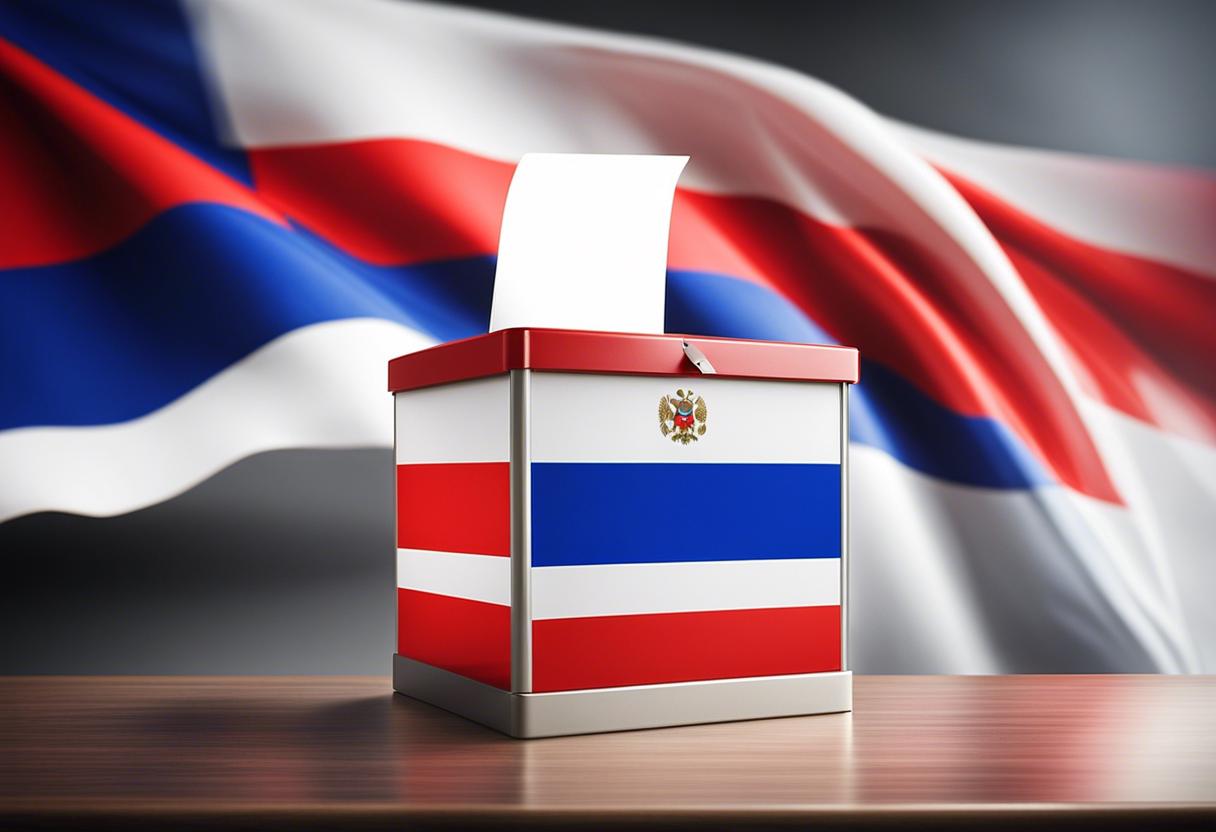Echoing the infamous 1936 Stalin constitution of the Soviet Union, that was globally praised by his followers as the most democratic of its time, the current Russian Federation constitution also promotes the principle that “The individual, their rights and freedoms are of utmost importance. Honouring, observing and safeguarding the rights and freedoms of individuals and citizens shall be a duty of the State.” However, delivering this message to the family of Alexei Navalny, the 20,000 inhabitants imprisoned for demonstrations post Ukraine invasion, the detainees of Siberian labour camps, or the multitude of Ukrainians – considered “Russian citizens” by Putin – who’ve lost their lives since the attack, could be challenging.
Scratch beneath its pretence of democracy, and the present Russian state mirrors its former self in embracing brutal totalitarian values and strategies. Their president, Vladimir Putin, enjoys centralised authority similar to a Tsar, as per the country’s constitution. In the impending three-day mock presidential election, Putin is predicted to clinch a fifth term. This victory will extend his reign to 2030, and potentially up to 2036, if he opts to run again.
To ensure his electoral victory, alongside an anticipated voter turnout of over 70% to legitimise his win, Putin has effectively silenced the media and made certain that all rival candidates on the ballot represent parties that back the government. Yekaterina Duntsova and Boris Nadezhdin, both anti-war contestants, were banned from participating when the Central Election Commission dismissed the nomination signatures required to secure their place on the ballot. In addition, the 2006 removal of negative voting has eliminated the threat of demonstration votes.
Trust in electronic voting across 29 districts is shaky, while unverified ballots from about 4.5 million residents in the liberated regions of Ukraine – urged to cast their vote under armed surveillance – and an almost unanimous vote for Putin from provinces governed by friendly ethnic leaders such as Chechnya, will likely propel Putin’s vote tally beyond the 56 million he bagged in 2018.
Even though protests seem to be of symbolic value, with no real impact on the public’s well-beaten down spirit, it seems nothing but an unexpected defeat in Ukraine could potentially destabilise Putin’s stronghold. Despite this, a handful of individuals possess the courage to bear witness to ‘Another Russia’, a concept articulated by historian Timothy Garton Ash. This was evidenced by the crowd who gathered for Navalny’s funeral. His final act while incarcerated was to organise a protest termed ‘Noon Against Putin’. His wife, Yulia, has subsequently urged their supporters to collectively arrive at voting stations at midday on Sunday to demonstrate their dissent. Regardless of whether their actions are stopped by law enforcement, their call for liberty will not go unheard. The echo of freedom perseveres.

